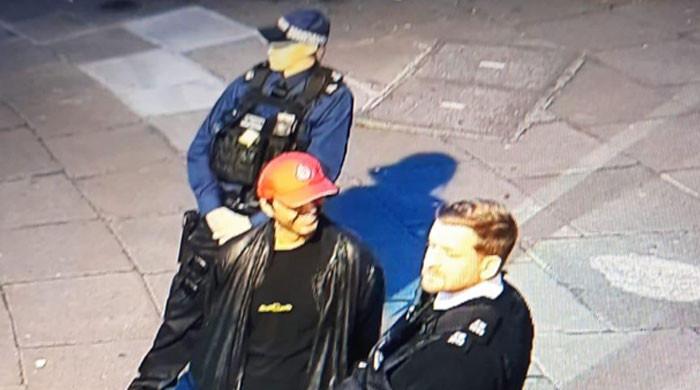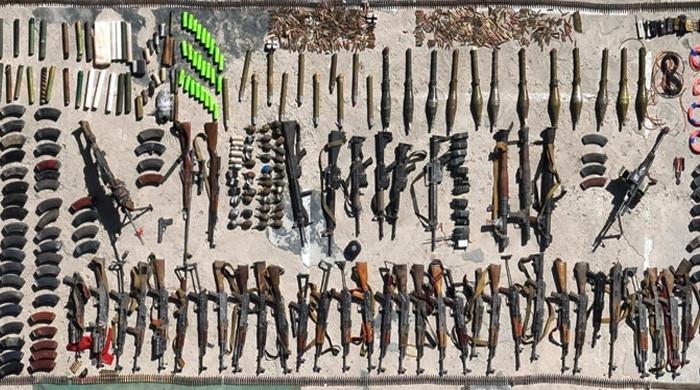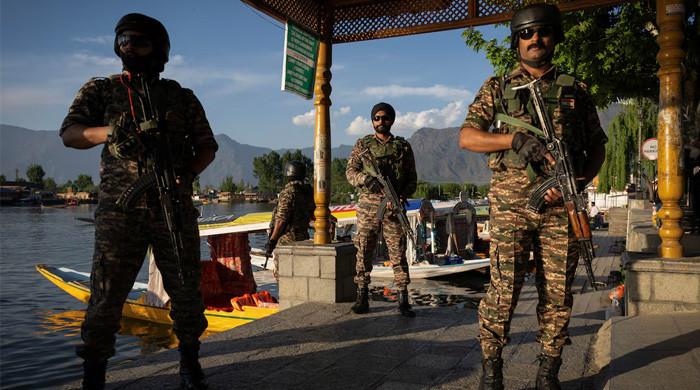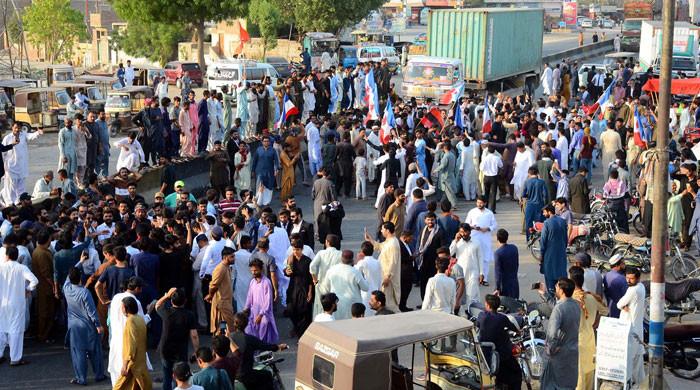Karachi grapples with surge in street crime with alarmingly low conviction rate
Official statistics show that 1,272 cases saw acquittals, accounting for 93.87% of the cases disposed of
April 03, 2025
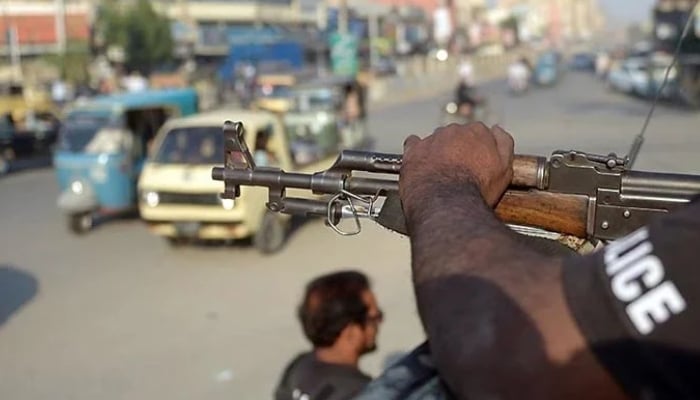
- Karachi sees alarmingly low conviction rate of just 6.13%.
- Street crime worsens compared to previous year.
- Port city's Malir district holds lowest conviction rate.
Karachi saw a staggering number of street crime cases disposed of in 2024, totalling 1,355, while convictions were secured in a meagre 83 instances
This translates to an alarmingly low conviction rate of just 6.13%, raising serious concerns among legal experts about the efficacy of the justice system in addressing rampant street crime in the port city, The News reported.
Official statistics reveal that a staggering 1,272 cases resulted in acquittals, representing 93.87% of the disposed cases. By the end of December, a substantial backlog of 2,921 street crime cases remained pending in Karachi courts.
The situation appears to have worsened compared to the previous year.
In 2023, while 2,583 cases were disposed of, the conviction rate stood at a slightly higher, but still concerning 10.96%, with 283 convictions and 2,300 acquittals (89.04%).
Meanwhile, a district-wise breakdown of the 2024 data highlights disparities across Pakistan's financial hub.
District East saw 444 cases disposed of, with only 42 convictions, resulting in a 9.46% conviction rate.
The situation was even more concerning in the Malir district, where courts decided 398 cases but secured convictions in a mere nine, yielding a shockingly low conviction rate of just 2.26%.
In District West, 219 cases were disposed of, with only seven (3.20%) leading to convictions and 212 ending in acquittals.
District Central courts disposed of 159 cases, convicting the accused in just nine cases (5.66%), while 150 resulted in acquittals.
District South courts decided 135 cases, of which only 16 (11.85%) ended in convictions, while 119 resulted in acquittals.
According to legal experts, this trend persists due to a number of factors, including flawed investigation, weak prosecution, and lack of concrete evidence.
Legal expert Shaukat Hayat attributes the low conviction rate to the failure of three key pillars of the criminal justice system — the police, prosecution, and courts — to fulfil their responsibilities.
He said that the police's failure to conduct a proper investigation and gather evidence was the main factor.
"If the investigation is conducted properly and evidence is collected, the question of acquittal does not arise," he added.
The senior lawyer highlighted that the prosecution is responsible for conducting scrutiny of the charge sheet submitted by the police after the investigation is completed, but it fails to fulfil this duty, leaving flaws unaddressed.
He opined that any competent lawyer could use these defects to frustrate the prosecution's case.
Furthermore, he pointed out that sometimes, the complainant is summoned so frequently that they become frustrated and stop pursuing their case, which also results in the acquittal of the accused.
He said that at times, innocent people are also implicated alongside genuine criminals, which also weakens the case.




